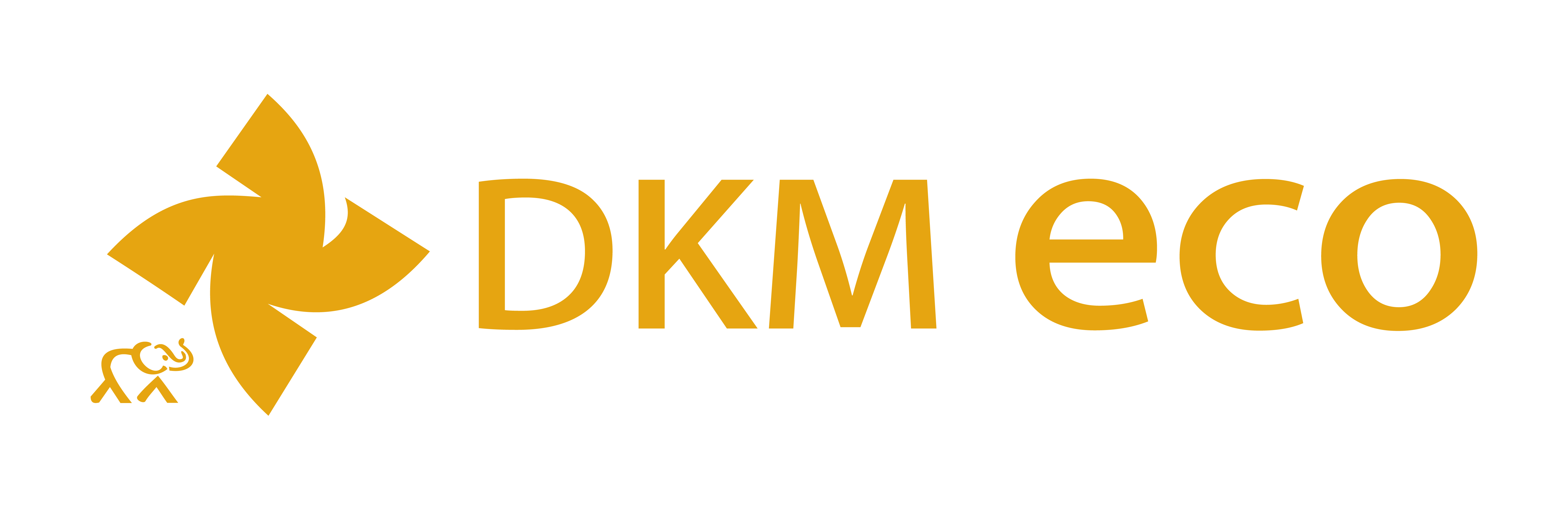
BNP Paribas Personal Finance reduces fraud by 20% with Neo4j’s graph-powered fraud detection
BNP Paribas Personal Finance, a European leader in retail financing, reduced fraud by 20% using Neo4j’s graph database for real-time fraud detection. Facing sophisticated fraud networks that manipulate application data, the company transitioned from relational databases to Neo4j to uncover hidden connections across credit applications. The graph-powered system analyzes relationships in milliseconds, enabling accurate risk scoring while maintaining fast approval times. By integrating machine learning with graph-based embeddings, the bank now detects complex fraud patterns without rejecting valid applications. This success highlights Neo4j’s ability to reveal critical insights in interconnected data, delivering both security and operational efficiency. The partnership continues to evolve, adapting to emerging fraud tactics.
BNP Paribas Personal Finance specializes in retail financing through consumer credit and installment payment services, with fraud prevention being a top priority. As a wholly-owned subsidiary of BNP Paribas Group and a leader in European personal finance, it serves customers, partners, and employees across 33 countries.
While installment services allow consumers to access future funds conveniently, they also attract fraudsters who manipulate applications to conceal identities and avoid repayment. Mehdi Barchouchi, Head of Innovative Data and Tools for Risk at BNP Paribas Personal Finance France, explains: “Fraudsters reuse information across applications and alter details to bypass rules and blacklists.”
With over 800,000 applications and trust from 85 retailers, robust anti-fraud tools are critical. The company adopted Neo4j’s graph database after a proof of concept (POC) to enhance its fraud detection system, overcoming fraudsters’ sophisticated data manipulation strategies.
Close Collaboration with Neo4j Paved the Way for Success
Relational databases struggled with real-time analysis of interconnected data. Barchouchi notes: “We needed to link credit applications with diverse data—even without shared identifiers—to enable instant risk scoring.” Traditional SQL databases couldn’t efficiently traverse deep relationships, leading to performance bottlenecks.
BNP Paribas chose Neo4j’s enterprise graph database, with Neo4j’s team assisting in data modeling and query development. The result? A 20% reduction in fraud.
Graph-Powered Fraud Detection Cuts Fraud by 20%
The new system processes applications with a maximum 2-second delay, integrating real-time data to identify fraud patterns via graph-based similarity links. Julie Cavarroc, Data Scientist at BNPP PF’s Central Risk Scoring Hub, highlights: “Neo4j provides broader context, revealing complex fraud networks without excessive false rejections.”
The solution rejects only a small fraction of applications while significantly reducing fraud—demonstrating precision without compromising loan volume.
A Winning Partnership
BNP Paribas continues refining its graph models to adapt to evolving fraud tactics. Barchouchi affirms: “Our legacy database couldn’t deliver these results. Neo4j enabled a fraud detection system that exceeded expectations.”
Neo4j’s graph database platform helps businesses uncover hidden relationships across billions of connections, driving solutions for fraud detection, customer 360, supply chains, IoT, and more.
